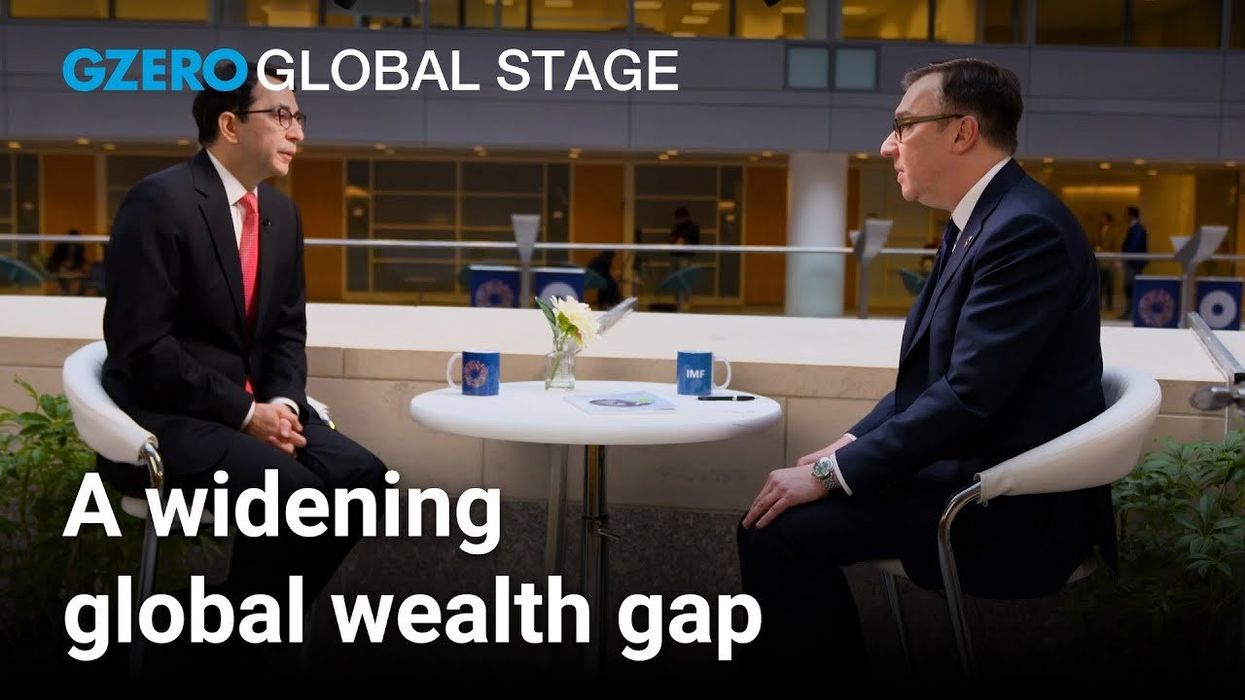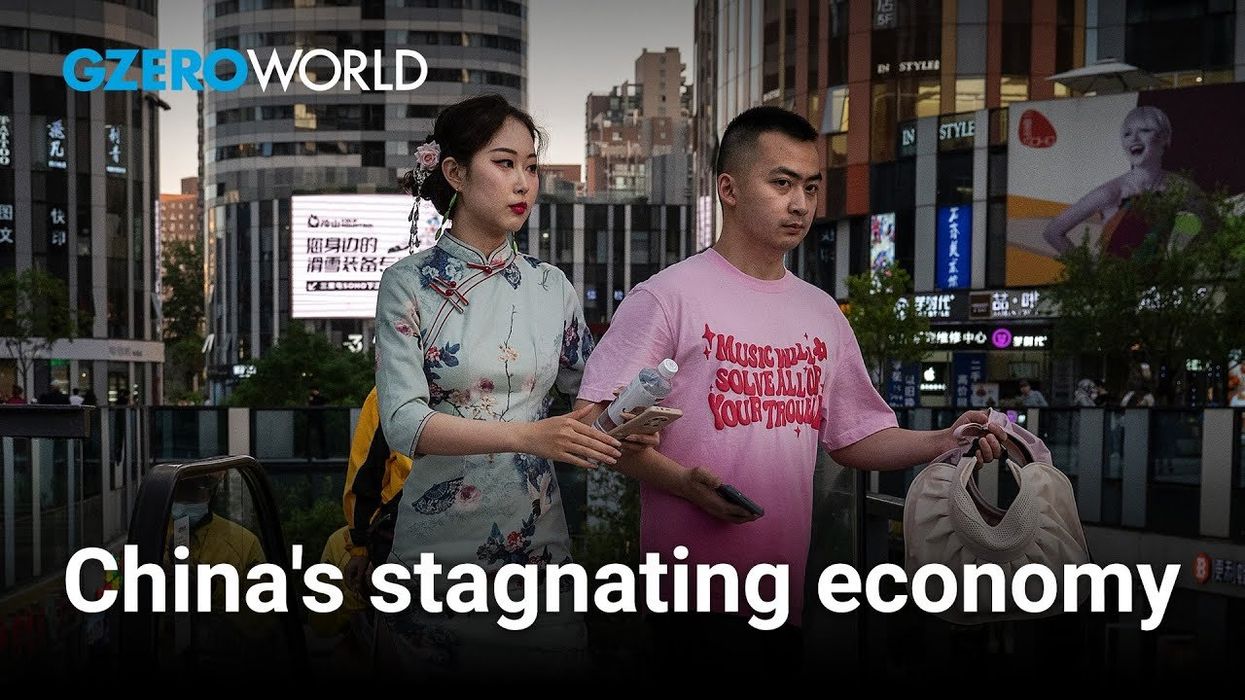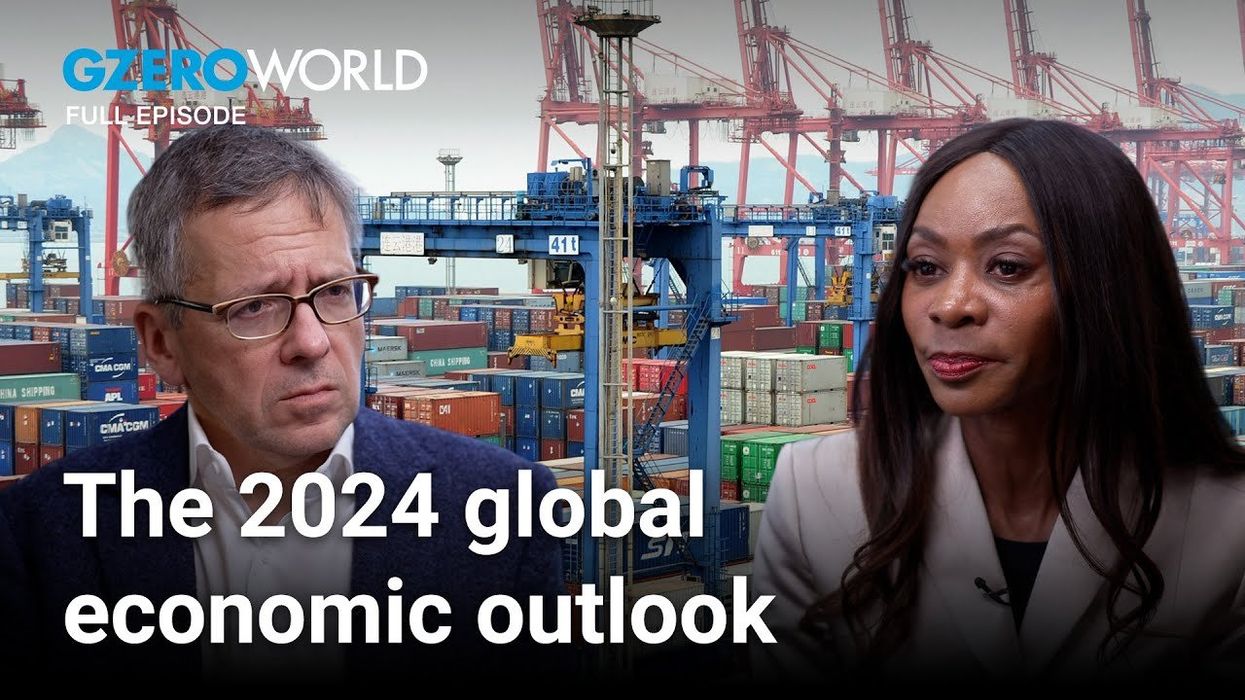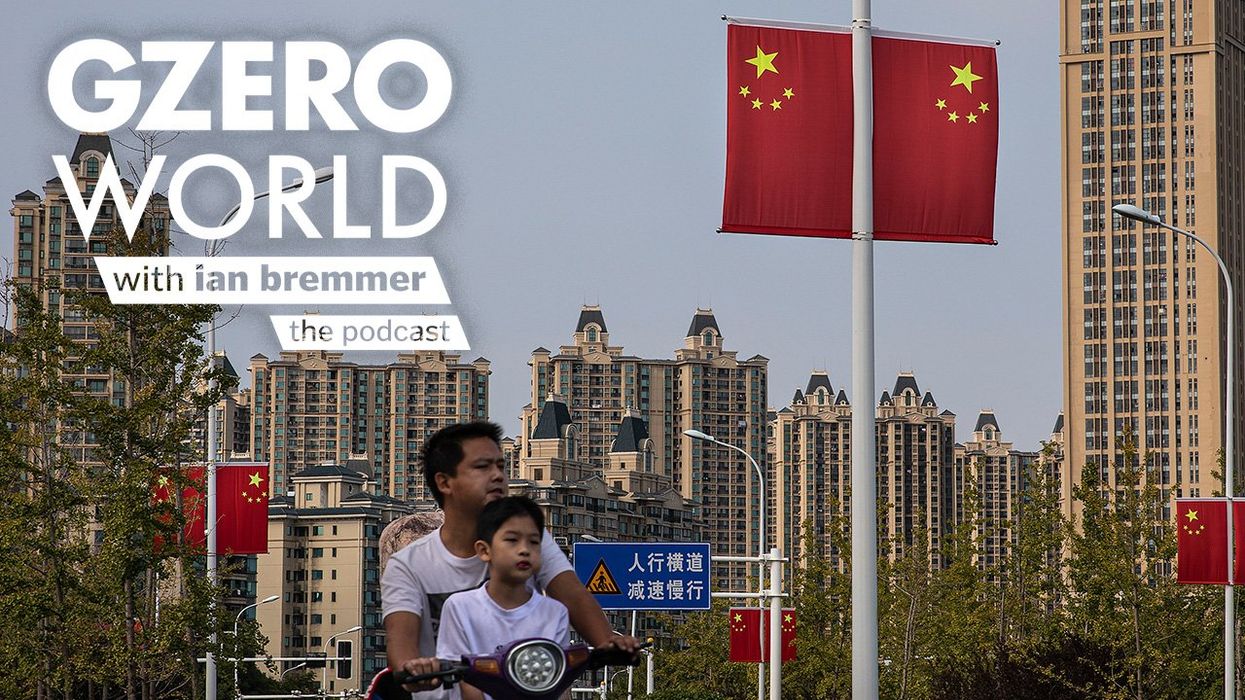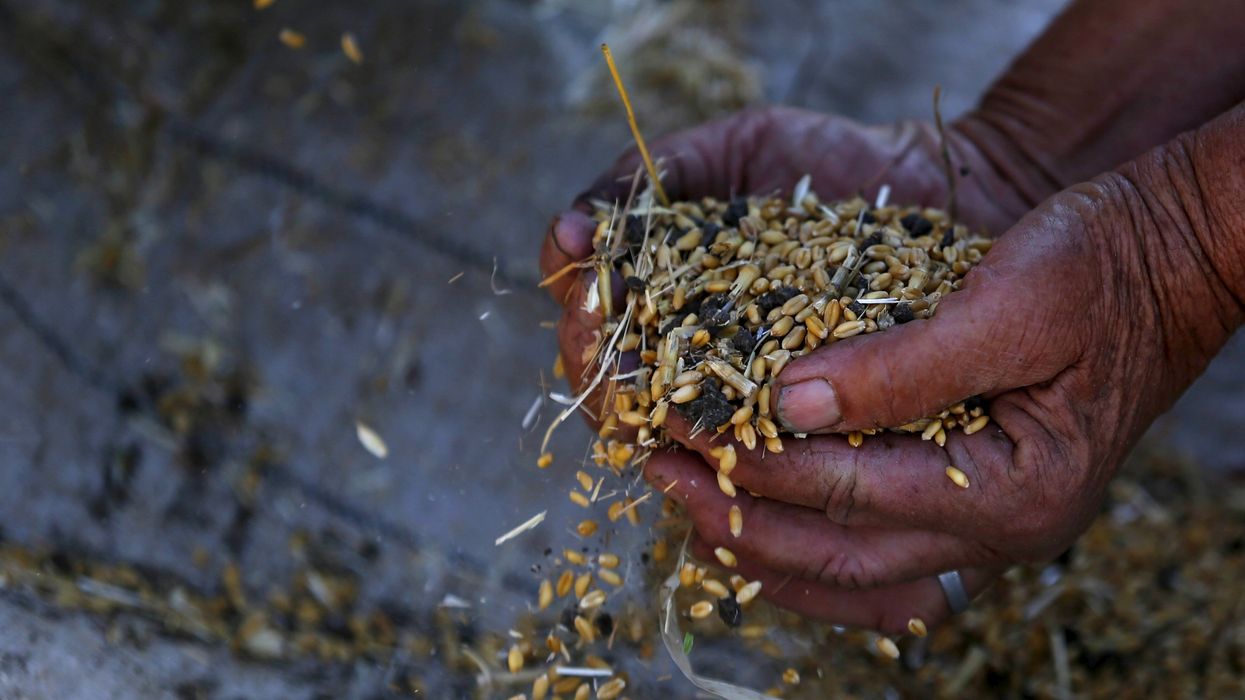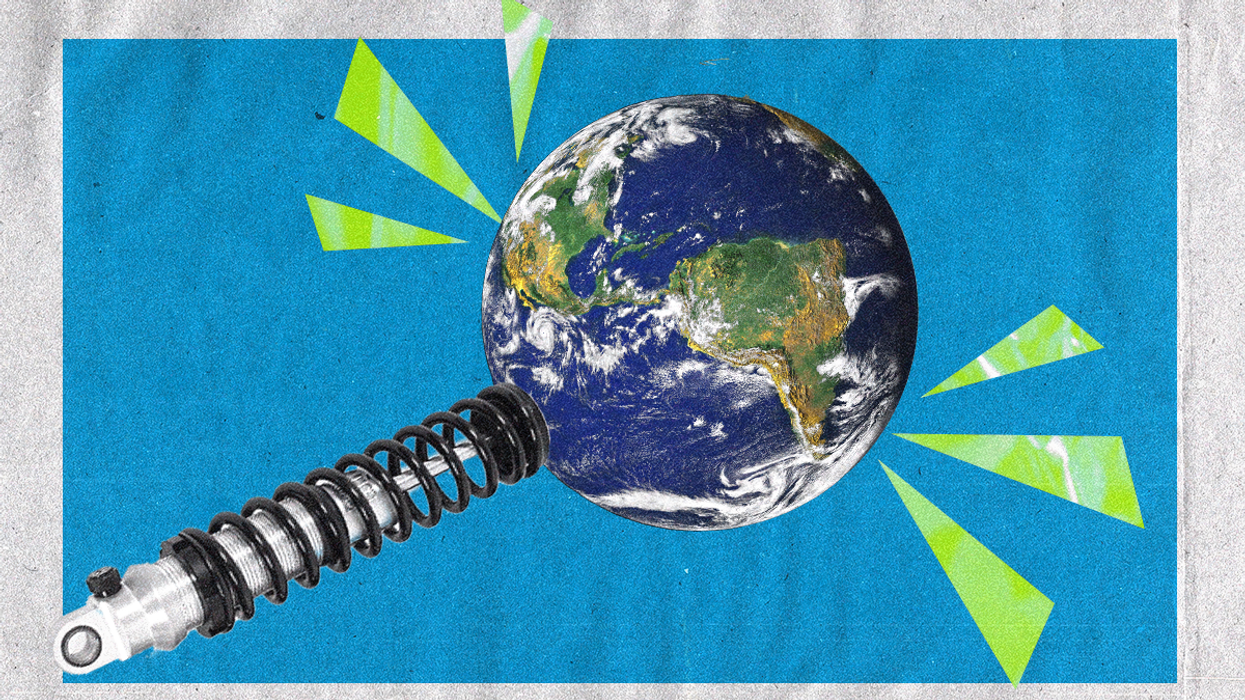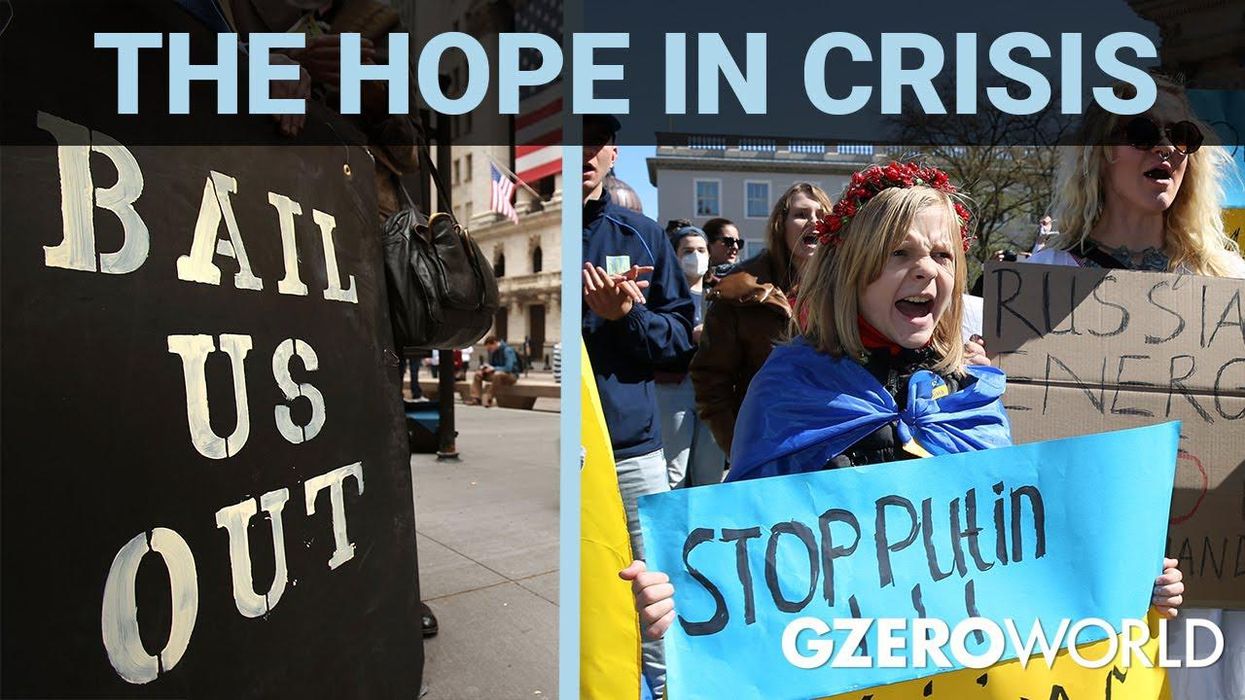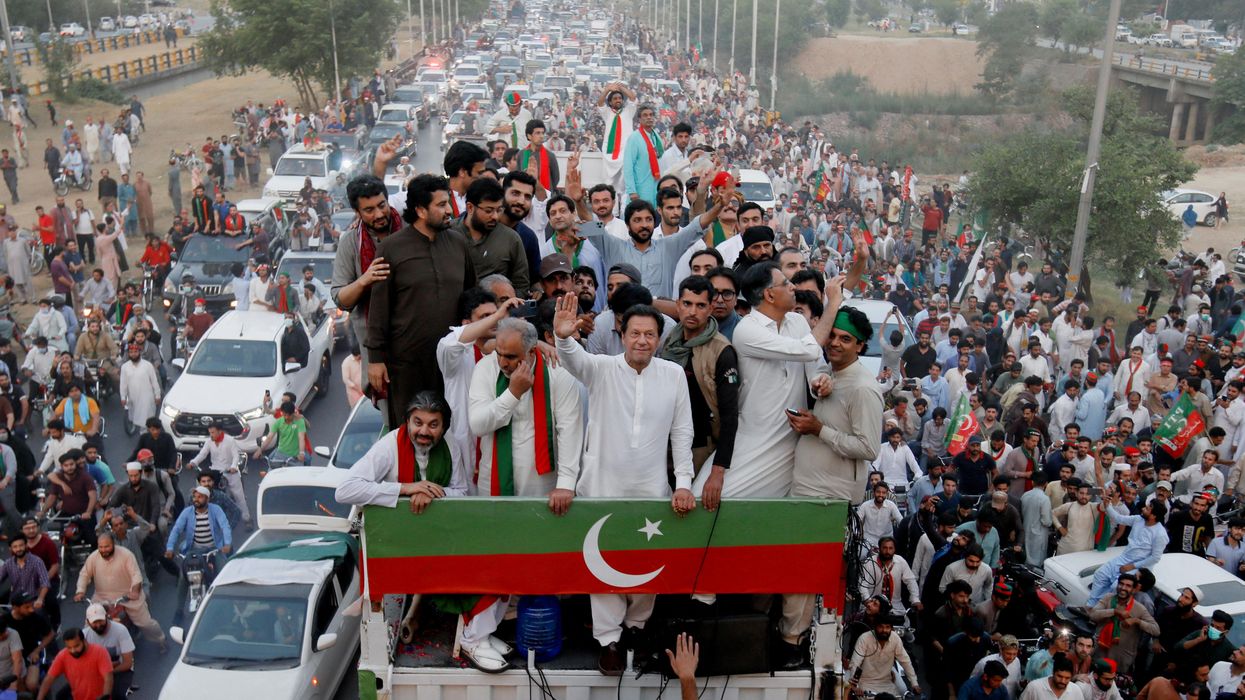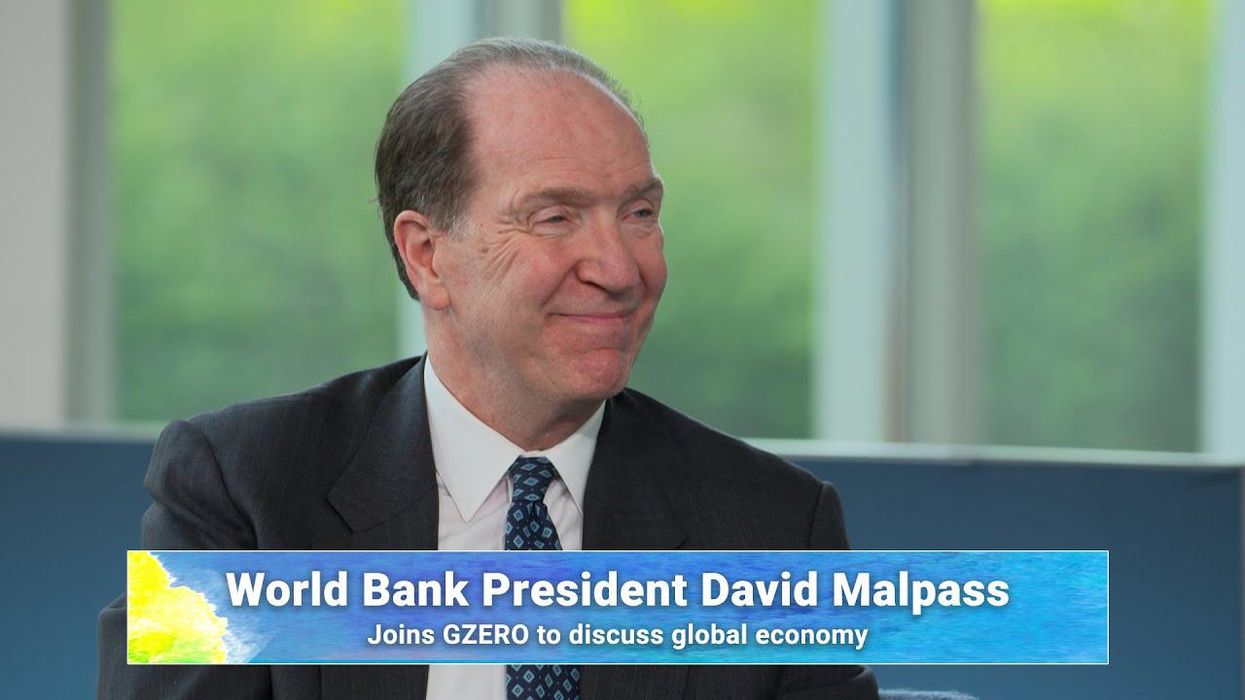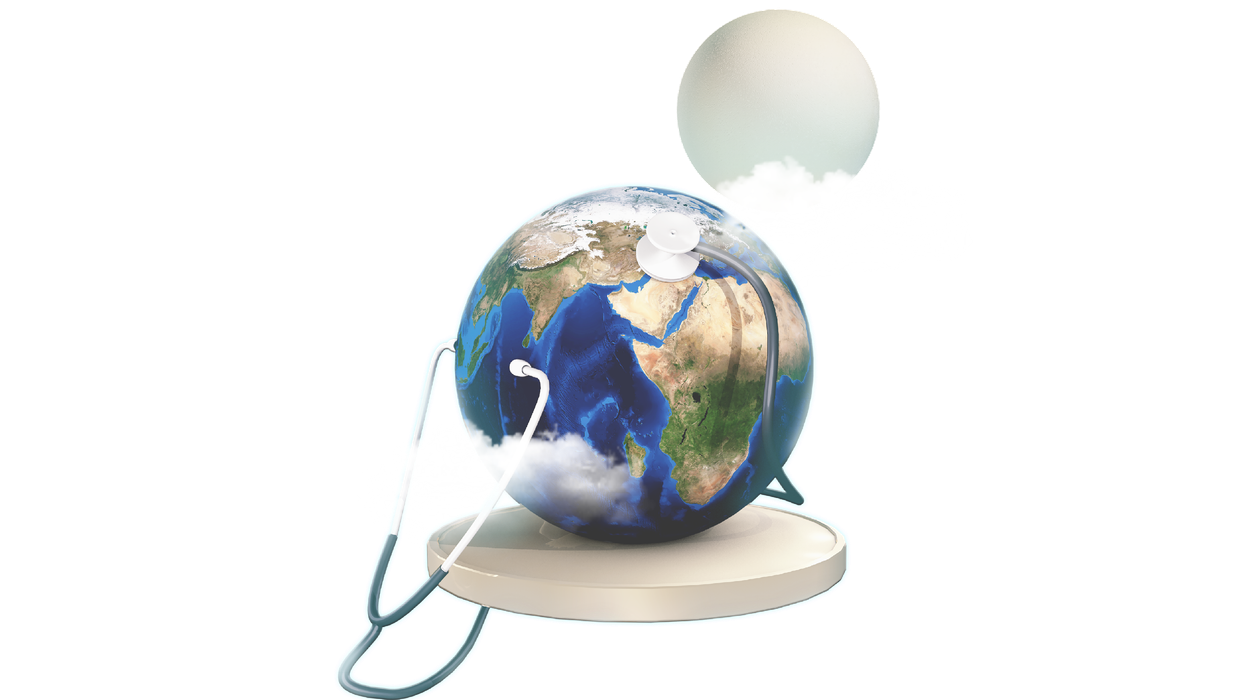Sustainability
World Bank economist: The poorest are getting poorer globally
The combined shocks of multiple crises, including the pandemic, wars in Ukraine and the Middle East, food insecurity, and inflation, have taken a massive toll on the 75 least developed economies, according to World Bank Group’s Deputy Chief Economist Ayhan Kose.
Apr 17, 2024
